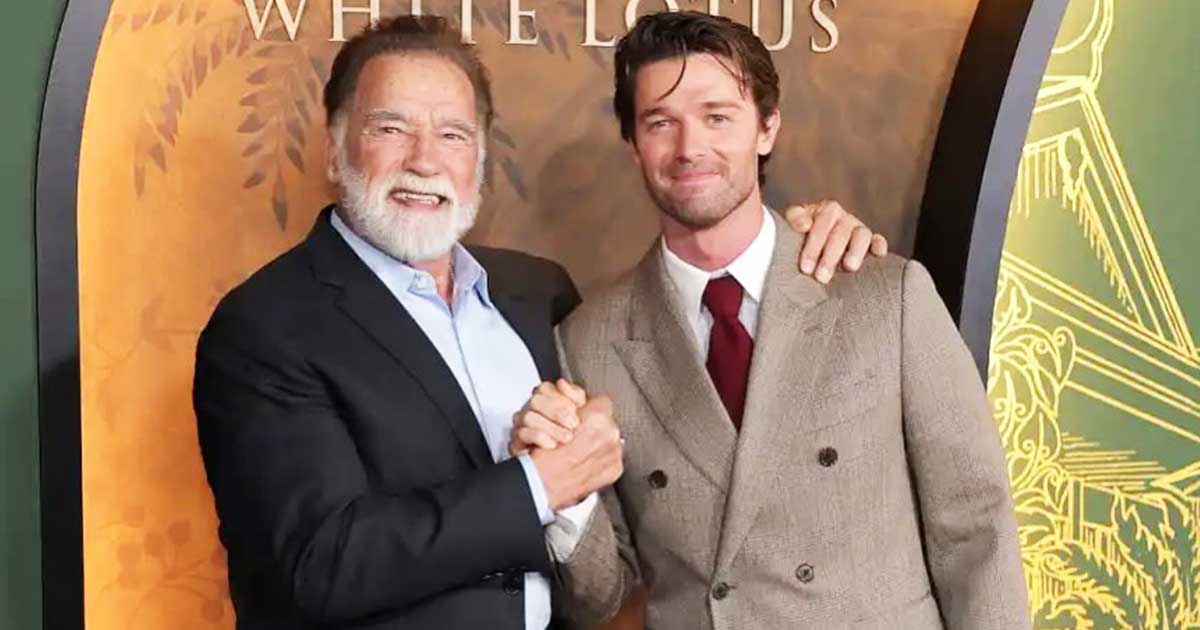Chi’s wrath: But chair of the Commons science and tech committee Chi Onwurah said AI users and the wider public were “concerned” by the government’s decision not to sign the statement, “particularly given that its content was far less contentious than wording that the U.K. agreed upon at previous summits.” Coming on the same day Patrick Vallance told her committee “there is no AI bill,” it suggested the government is “watering down” its position.
Hear from Peter: Kyle’s response echoed lines from No. 10 on Tuesday. While “a lot was achieved this week,” Kyle said: “This government puts national security first, an issue that we wanted to raise at the summit, which prevented us from signing the overall agreement.”
Not enough: In a follow-up statement, Onwurah said “the motivations for this remain unclear, as are the national security and global governance concerns cited by the secretary of state.” “The government needs to urgently clarify its position and offer reassurance that a safety- and citizen-first approach to AI has not been pushed aside,” she said.
AT THE FRINGE: The move also dominated the AI Fringe across town. Andrew Dudfield, head of Full Fact AI, told a panel the U.K.’s reasoning was “unclear,” and wondered if the U.K. was going full “free market” to cozy up to Trump.
Another view: But computer scientist Wendy Hall, who was in Paris, said she was told “categorically” from government sources that it wasn’t about appeasing the U.S. president. She lauded the U.K.’s stance on global governance and security as “quite brave” — and called the final statement mere “platitudes”.
Sino the times: Hall also reflected on the shifting geopolitical dynamics. At Bletchley, China’s minister was barred from the leaders’ day. In Paris, he had a central role (even if the country’s embryonic AI safety institute hasn’t been invited to join the global network). The U.K. could have a “soft power” role to play as this plays out, Hall suggested.







